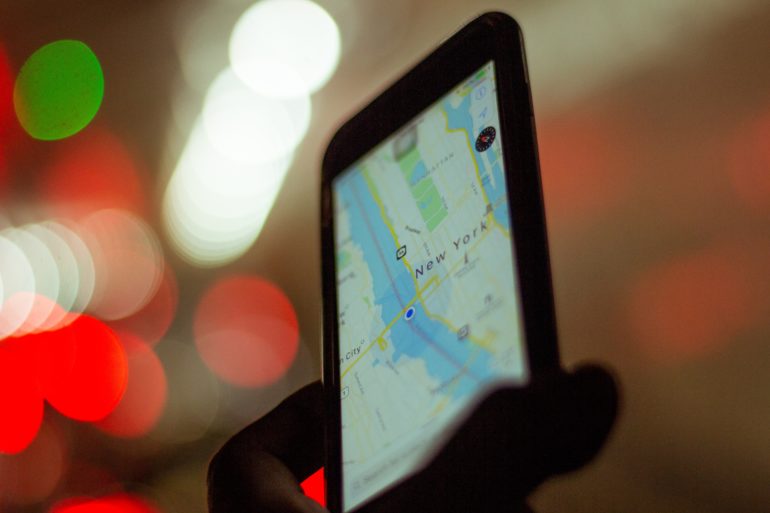Now that school is back in full swing and family members are spending more time apart, you’re not alone if you’re feeling some separation anxiety. And what better way to alleviate the anxiety than to be able to “track” your kids, family members and even friends. However, for many, the relief that seeing your children, for example, where they’re meant to be, may be short lived, compelling you to keep checking. And the anxiety that will be sparked in you when you see “location not found” may send you spiraling down the dark tunnel of worry.
I remember when my daughter left for university five years ago. I managed to convince her that giving me permission to “track” her was better than having me text her regularly with “where are you?” At the beginning, I visited the App regularly, especially if she was out late at night or walking back to residence alone. From time to time, she was at a location where the phone signal was not easily accessible, so I received a “location not found” alert. Sometimes it appeared as if she was in the middle of a parking lot or field and other times, it showed that she had been some place a short time before, but was now nowhere to be found. Over time, I learnt not to panic when these things happened because I realized that tracking is not always an exact science.
And I also recognized that after all, I was not really tracking my child, per se, but a technological device.
I also knew enough to know that as with most anxiety, we typically look for ways to relieve it. Sometimes, this leads to compulsive checking behaviours. The way that this works is that when we see that our loved one is someplace recognizable or expected, we breathe a huge sigh of relief and our anxiety goes from a 10 to a 1. However, it is generally short lived. An hour later, or even sooner, we may check the App again, to reassure ourselves that our loved one is still in the same place or better yet, safely back home in their bed for the night. The feeling of relief reinforces our compulsion to check and so we become even more inclined to check regularly.
As time passed, I recognized the importance of not always checking, or delaying checking, even when I wanted to. Rather than checking, I would, from time to time, text to see where my daughter was, as others might if they weren’t tracking their child. In other words, I was more carefully tracking my own behaviour so as not to develop a false sense of security or reliance on the tracking App. This worked for me and I believe it can for you too.
And so, especially if you are prone to anxiety or to your imagination running wild, consider not relying specifically on a tracking App to reduce your anxiety. However, if you truly find these Apps helpful when planning dinner and wanting to know when your partner is on their way home, or if you’re not using the App as the only way of reducing your worry, then its understandable that when technology gives us the opportunity to check in without being intrusive, then how can we resist fully?
You may know that even friends “track” one another. Not just for prescribed periods of time such as when one shares their location on WhatsApp, but on an all the time basis. Knowing where a BFF is when she’s meeting someone for the first time, can be reassuring for both parties.
With social media and an erosion of privacy, most peers don’t mind if their friends “track” them. In fact, they may prefer this to parents knowing where they are. And parents might even take comfort in knowing that they can reach out to their teenage child’s friend if they can’t reach their child for an extended period of time.
We’re living in the age of technology and realizing all the benefits and pitfalls that it brings to our lives. Microchipping our pets is not new but placing air tags or tiles in suitcases in case they go missing, is more recent.
As technology continues to evolve, so too does our ability to utilize it in so many ways. So long as we continue to monitor our relationship with devices, we can use them in very effective ways.
